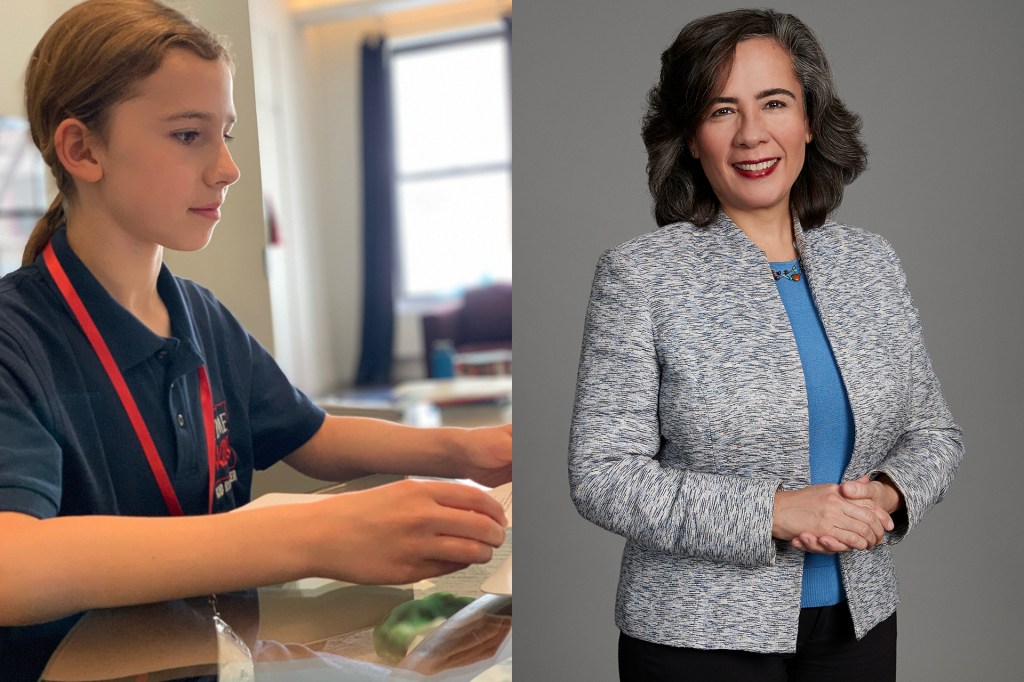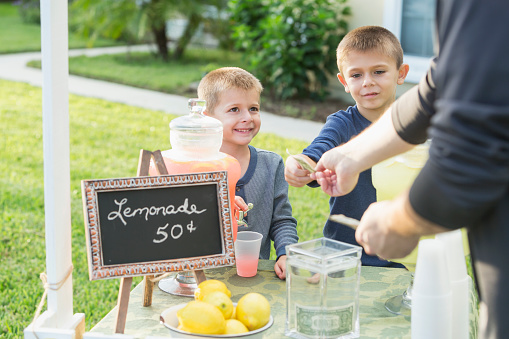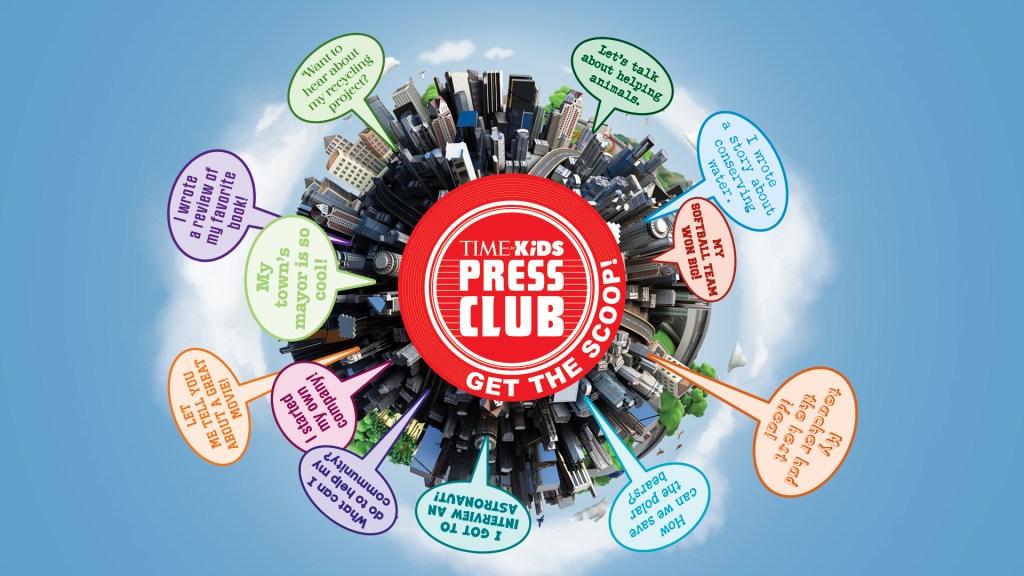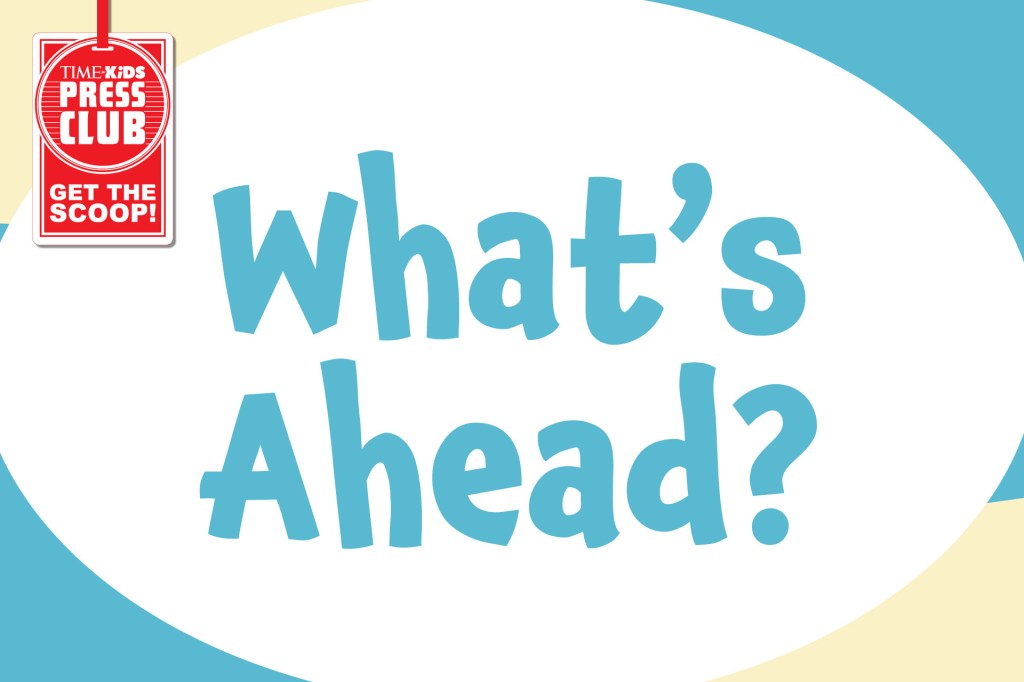8 Questions for Dr. Oxiris Barbot

New York City is the epicenter
epicenter
 AARONP/BAUER-GRIFFIN—GETTY IMAGES
the center; the point at which something is most intense
(noun)
Hollywood is the epicenter of the movie industry.
of the COVID-19 crisis in the United States. It’s also where TFK Kid Reporter Zara Wierzbowski lives. She wanted to know more about how her city is handling the situation. On April 22, Zara spoke with New York City’s health commissioner, Dr. Oxiris Barbot, to get answers to her questions. Read their conversation below.
AARONP/BAUER-GRIFFIN—GETTY IMAGES
the center; the point at which something is most intense
(noun)
Hollywood is the epicenter of the movie industry.
of the COVID-19 crisis in the United States. It’s also where TFK Kid Reporter Zara Wierzbowski lives. She wanted to know more about how her city is handling the situation. On April 22, Zara spoke with New York City’s health commissioner, Dr. Oxiris Barbot, to get answers to her questions. Read their conversation below.
1. The number of new COVID-19 cases here in New York City seems to be going down. What do we need to keep it that way?
How fast the number of cases continues to go down depends on every single one of us. Every New Yorker has a role to play in bringing this outbreak to an end. The most important thing every New Yorker can do is to stay home and to only go out for essential reasons, like going to the grocery store or the doctor. If someone needs to go out, we want them to wear face coverings. These face coverings can be cloth. They should cover the nose and the mouth. And even when folks are wearing face coverings, they should stay six feet from other people.
One of the things I hope comes out of this really difficult time is that we realize the important role every single one of us has in ensuring not only our own health and the health of our families, but also the health of our communities. We’re all in this together.
2. How have officials in New York City been handling this pandemic differently than the rest of the country?
In many ways, we’re all going about this in a very similar fashion. We’re making sure Americans have all of the information they need in order to understand what’s happening and how to stay safe. This pandemic is something no one has ever been a part of. Every day, it feels like we’re learning new information. What we’ve been learning is that this information, and the way in which we need to tell Americans to protect themselves, has been evolving
evolve
 KALI9—GETTY IMAGES
to slowly change or develop
(verb)
Josiah's lemonade stand started as a hobby, but it evolved into a real business.
over time.
KALI9—GETTY IMAGES
to slowly change or develop
(verb)
Josiah's lemonade stand started as a hobby, but it evolved into a real business.
over time.
Many officials are directing their cities to do what we’re doing [in New York City], which is to shelter in place. By reducing the amount of mixing people do outside, we reduce the chances of continuing the spread.
3. How do you feel about schools in New York City closing?
As a pediatrician and a public health leader, and as someone who has kids in my life, I think it's a hard thing. We've all had to adjust to a new reality, and I'm afraid that there are going to be kids who don’t have all of the access they need in order to continue their learning.
As a city, we’re doing a lot to help kids keep up. We don't want children to lose learning opportunities. But the reality is that [closing schools] was one of the things we needed to do. My hope is that by putting these strong social-distancing measures in place, when it comes time to start opening up the city, we won't have as many people getting sick.
4. When will stores and businesses start to reopen?
There are a couple of things that need to be in place first. We need to make sure that the percentage of people who test positive for COVID-19 goes down. We need to make sure that the number of people being hospitalized because of COVID-19 continues to go down, as well as the number of people who end up in the intensive care unit—meaning the folks who are really, really sick. And when we start getting ready to open back up, we need to make sure that our health-care system can absorb the number of people who may end up getting sick.
5. You recently said that after the pandemic ends, we need to focus on making sure that “health is not a byproduct of privilege.” What did you mean by that? Do you feel the coronavirus has highlighted differences in how people are treated?
Sometimes people who don't have access to good medical care, to healthy housing, to good transportation, and to good food, have a disadvantage in fighting COVID-19. We’re seeing that they're the ones who are suffering the most. And the reality is that it doesn't even have anything to do with the virus itself. It has more to do with the impact of having limited access to the kinds of things that promote health, like opportunities for good jobs and good education, and access to health insurance.
COVID-19 is bringing to light inequities that are going on in our country every day. But the good thing is that in spite of our differences, this is our opportunity to come together. We can plan to move forward in a way that can make our city and country even stronger, so that these differences don't persist.
6. I've heard a lot about the shortage of masks and protective equipment in hospitals. Is this still a problem in New York City?
This has been a concern of ours from the beginning. We, as the health department and as a city, do a lot in terms of ensuring that our frontline workers have the equipment they need in order to be safe. We have worked with our partners in the state and federal governments to make sure that the supply of critical equipment to our doctors, our nurses, and our ambulance drivers, continues. This is going to be an ongoing struggle, one that we're paying close attention to.
7. I've also heard about antibody testing, but I don't know what it is. Can you explain it?
Part of our body's reaction to fighting an infection is that it launches a response. As part of that response, our body makes antibodies. Whenever someone has antibodies against something, it means that their body was exposed to a new virus and fought against it. Now [there is] evidence in the blood that they cleared that infection.
But COVID-19 is a part of a family of viruses, and in that family there are seven different strains. Four of them cause the common cold. Two cause really terrible illnesses that thankfully we don't see very often. And somewhere in the middle, we have COVID-19. The issue with these new COVID-19 antibody tests that are being developed is that it’s hard to tell whether the antibodies are to COVID-19 or to the common cold. Hopefully, in the near future, we'll get better tests that will help us develop a better strategy to protect people against COVID-19 and to give them assurances about what kind of immunity they may have.
8. Is there anything else you’d like TIME for Kids readers to know?
There's a lot of stuff out there on TV and in newspapers and on the Internet about COVID-19 that can sound really scary. It’s understandable to feel anxious or have nightmares when something new and scary comes out. I want kids to know that all of that is normal. I want them to talk to their parents about what they may be feeling. It’s a good idea to take a break from TV and the Internet to focus on other things, because it can all be a little overwhelming.
*This interview has been edited for length and clarity.












